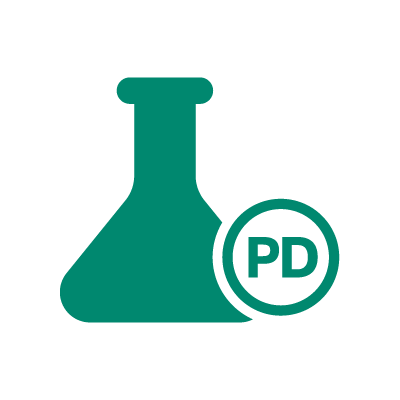
Process development & tech transfer
Development services for upstream and downstream processes with support for tech transfer
Speed to market is critical
If you’re looking to launch a new molecule, enhance existing capacity, or develop biosimilars, our Fast Trak portfolio of services is designed to take you from molecule to market and anywhere in between.
Learn more about: